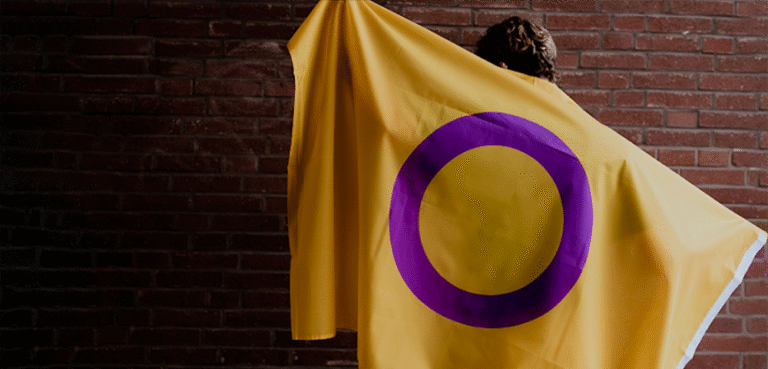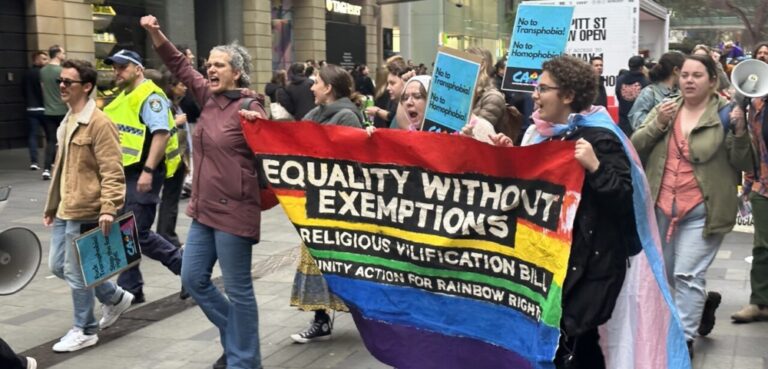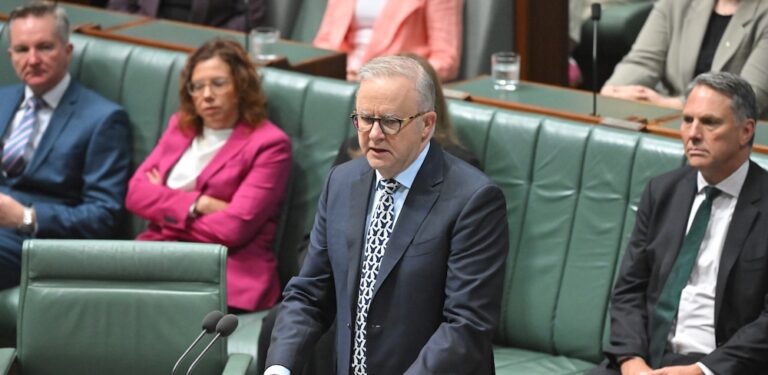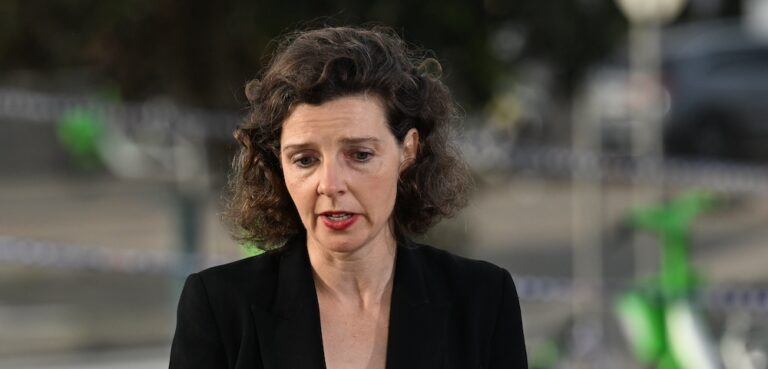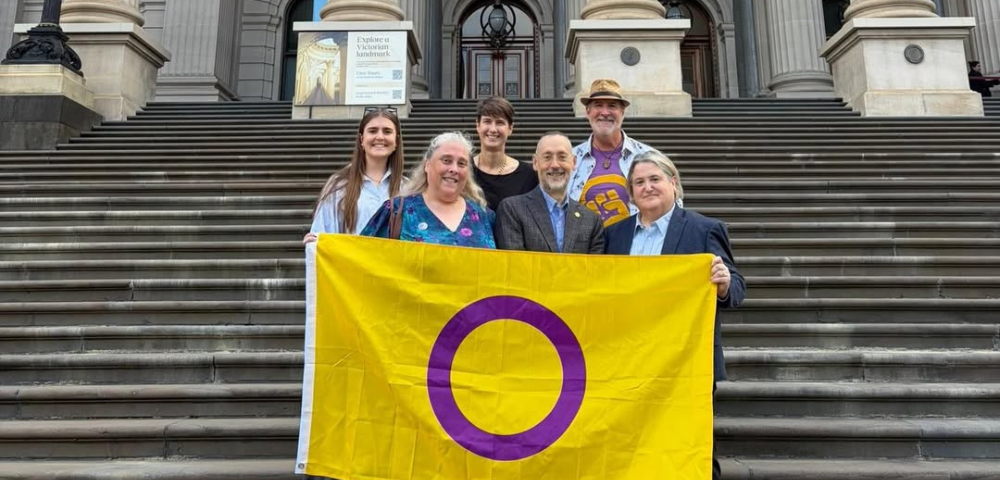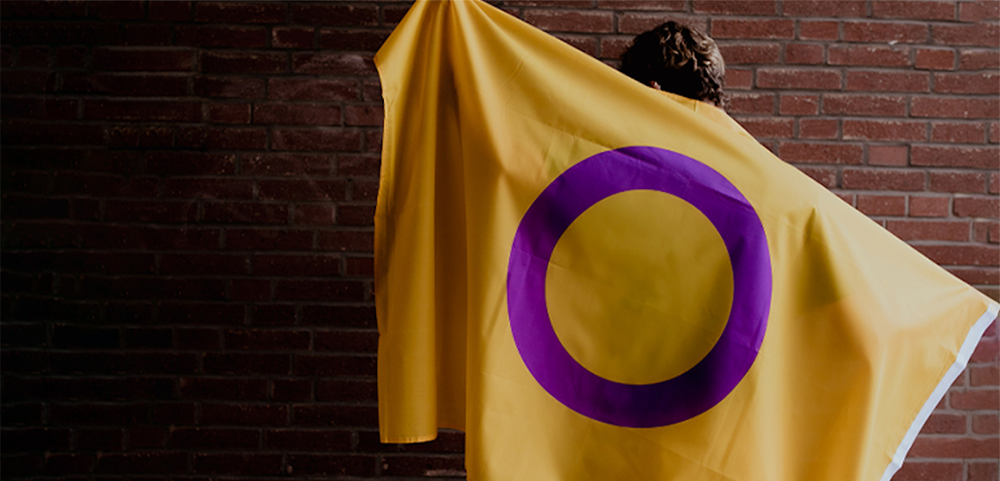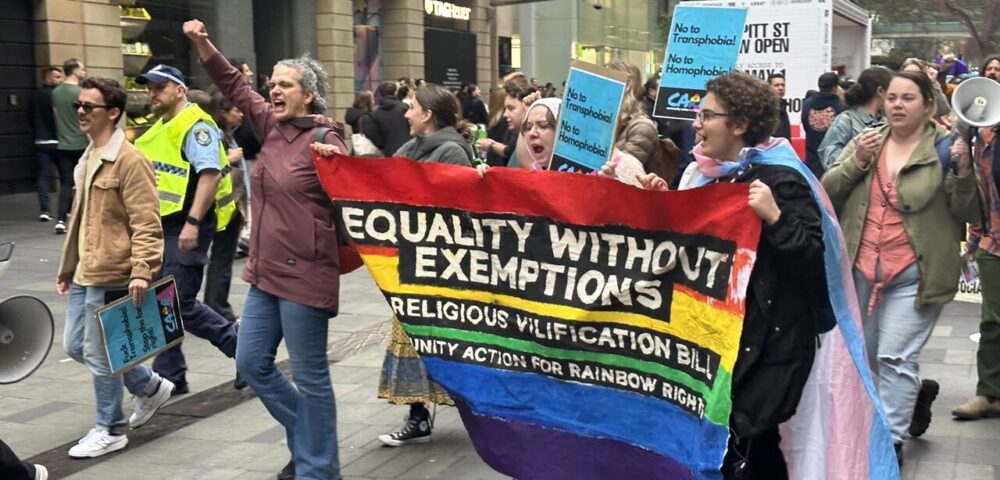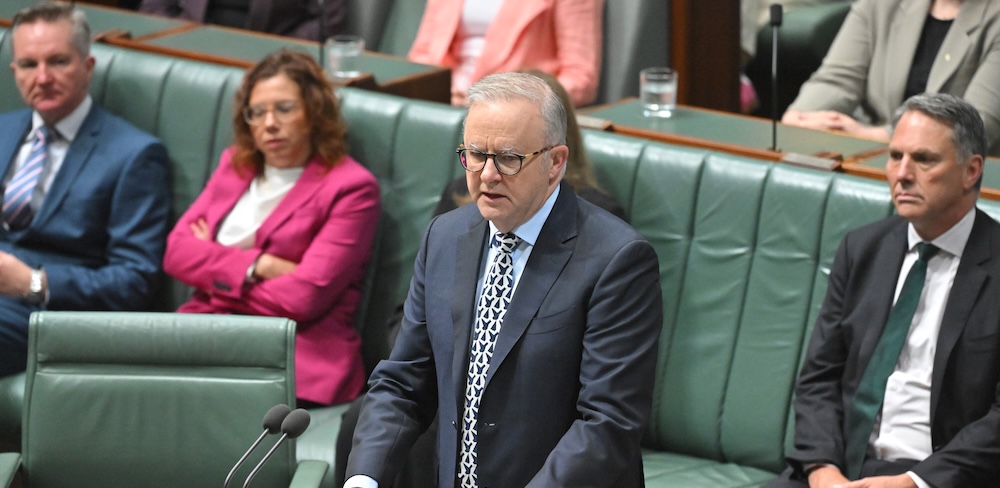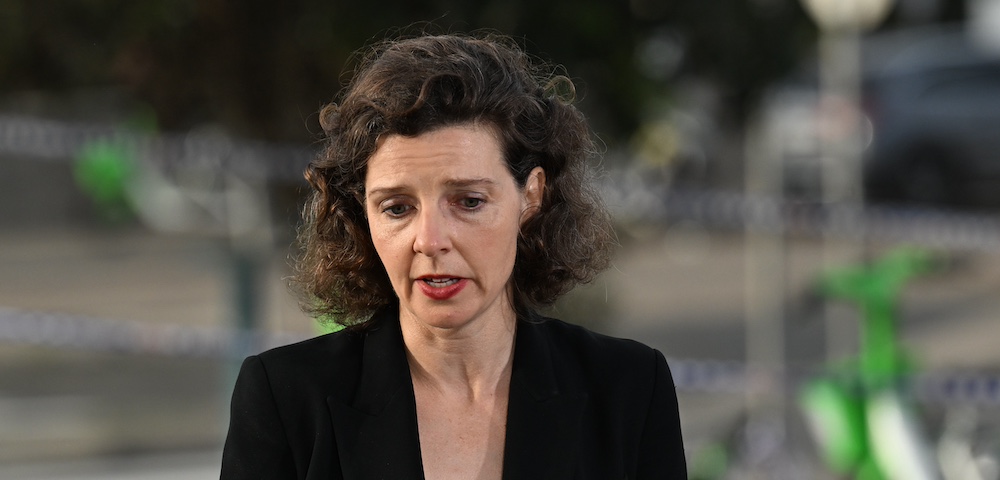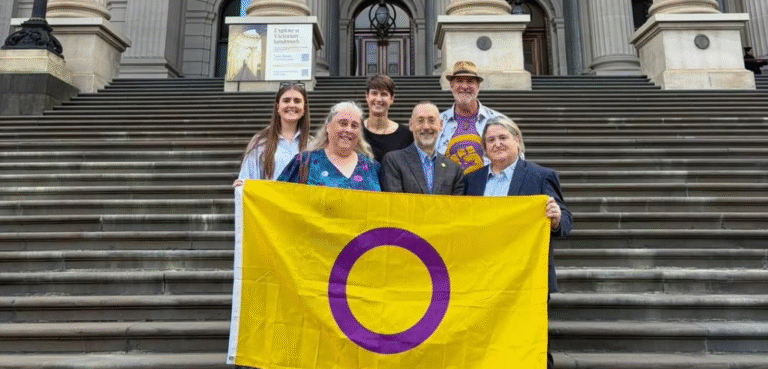
UN praises Australian anti-discrimination reforms at human rights forum

THE Melbourne-based Human Rights Law Centre held a public panel discussion on the global LGBTI rights landscape last week, where the Sex Discrimination Amendment Bill passed earlier this year was held up as a globally significant anti-discrimination reform.
Head of Global Issues in the UN High Commissioner for Human Rights’ office Charles Radcliffe appeared via video conference (pictured) on the panel alongside the law centre’s Anna Brown and Castan Centre for Human Rights Law deputy director Paula Gerber.
Radcliffe praised the SDA Bill as demonstrating Australia’s leadership on intersex issues.
“The Australian legislation is a real model and we need to look at how we can replicate that,” he said.
Radcliffe also discussed Free and Equal, a UN campaign launched earlier this year.
“The Free and Equal campaign is unprecedented in terms of a public information campaign put out by the UN Human Rights office, and it’s the first time the UN has ever really put out some big public messages on the issue of the
human rights of lesbian, gay, bisexual, transgender and intersex people,” he said. The campaign attracted criticism
from some in the audience over its apparent exclusion of intersex people. Radcliffe explained the campaign did include intersex issues, but those running the campaign had been concerned the terminology was not properly understood.
“We were looking in Free and Equal for a shorthand tag we could use that would have some resonance, and there was no perfect answer, but LGBT was the most widely-understood shorthand form that we had,” Radcliffe said.
“We knew [intersex issues] were very
poorly understood… so we’ve got this imperfect compromise where we talk about LGBT as a shorthand, but we also do try and make specific mention of intersex issues.”
Gerber was positive about Free and Equal but critical of the UN Human Rights Committee’s relative silence on LGBTI issues.
She also discussed her recent attendance of the Commonwealth People’s Forum as part of the Commonwealth Heads of Government Meeting in Sri Lanka last month, one of just two delegates campaigning for LGBTI rights at the forum.
She said there was very little
Employment Opportunity
discussion of these issues, and that they were largely ignored by most delegates and heads of governments.
Brown focused on Australia, acknowledging there was still a long way to go on intersex and trans* issues.
“When you look at transgender people in particular, the level of violence and discrimination and abuse experienced by this sector of the community is very, very high, and that leads to flow-on consequences on a range of social and economic indicators as well,” she said.
“For intersex people it’s a different set of issues because their struggle for visibility and recognition is really only beginning.”
Brown argued that despite the political focus on marriage equality, the marriage lobby used their political capital as an opportunity to discuss other LGBTI issues.
She also stressed the importance of Australia’s role in progressing LGBTI rights worldwide.
“We’re not going to get movement unless we change the middle-of-the- road countries that are sitting on the fence in this regard, and that’s where I think our position in this region is very important,” she said.

